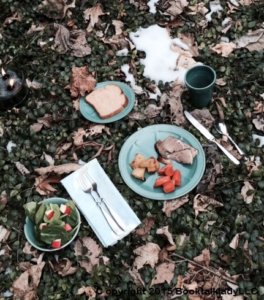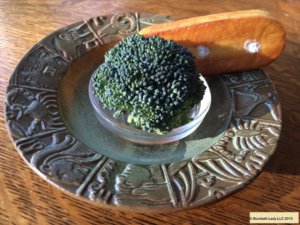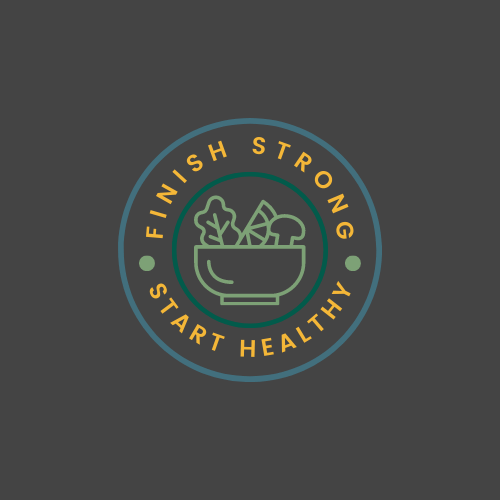Aunt Connie was a hard working farm woman who lived her entire life in the isolated valley of Turkeyfoot, Kentucky. She often told stories about “dinner on the grounds” at the white frame church down the road. As a child, when I heard this I pictured:

Gasoline was rationed back then and they made the twenty mile trip to town only on Saturday, so potlucks on Sunday were a treat.
How sad! Stuck on a farm, cut off from the world. No television, no streaming videos, no playlists. What a lonely, barbaric life.
Was it? Is it different today? Some of us are just as isolated, even though surrounded by people. We leave home in the dark, return home after dark, and sit alone in our car for hours commuting. At work, we might stare at screens of spreadsheets and SharePoint and listen to conference calls with people we know only by voice. Perhaps we’re on the road, on airplanes, in hotels, breakfasting with a newspaper and dining with clients before sitting down to hours of email before bedtime. Or we have a family, but they rush from school to sports to meetings and exchange a few words or texts when we ask them what they want from the drive through.
The act of sharing a meal creates a connection and bond that nourishes mind, body, and soul. The Alameda County study began in 1965 and for thirty-five years reviewed the association between personal habits and health. I’ve read four of the papers that came from this project.
Researchers found social isolation was a risk factor for many diseases, including cancer and cardiovascular disease. People who lacked community ties were more likely to have died within nine years after the study began; that association was as strong as other health risks such as smoking, drinking, obesity, or no exercise. Religious attendance increased survival by improving and maintaining good health behaviors, mental health, and social relationships. For women, the protective effect of weekly attendance at a religious event fell roughly between never smoking and regular physical activity.
As John Ortberg said in his book Everybody’s Normal Till You Get to Know Them: “It is better to eat Twinkies with good friends than broccoli alone.”

Next week I’ll release my first video book reading. I’ve chosen Charles McNair’s novel Pickett’s Charge. It’s a wild, entertaining adventure story wrapped around a profound truth. Near the end, there’s a huge community feast where love, laughter, and delicious food transform a natural disaster into celebration. That’s the power of sharing a meal. We break down walls, discover common interests, laugh and love.
As I write this in February, Black History Month, the realist in me notes that the multicultural feast described in the book would not have been likely in the setting: Alabama, 1963.
Maybe that’s the point. We can be different now.
So put down your remote control, exit Candy Crush Saga, and pull something out of the fridge or pantry. Invite someone over. It could be a dear friend you’ve missed, or a neighbor you’ve never met. Hate to cook? Make peanut butter and jelly sandwiches, grab an apple or orange, and invite someone to hike on the greenway and share your “picnic”. (Also useful for moms with small children. When mine were young and dad was traveling and I was worn out I’d announce a Picnic Night at the playground! They loved it; had no idea it was me being lazy.)
What do you do to connect with people? How long since you’ve invited someone to share a meal? Don’t kill yourself cleaning house or fixing something difficult.
Relax and enjoy connecting with people. Garnish with a side of broccoli or a Twinkie.
© Booktalk Lady LLC 2015
References
Social networks, host resistance, and mortality: a nine-year follow-up study of Alameda County residents. Am J Epidemiol 109(2): 186-204, 1979. Also cited www.ncbi.nlm.nih.gov/pubmed/425958
Religious attendance increases survival by improving and maintaining good health behaviors, mental health, and social relationships. Ann Behav Med 23(1): 68-74, 2001.
Everybody’s Normal Till You Get To Know Them by John Ortberg, Zondervan 2003.




